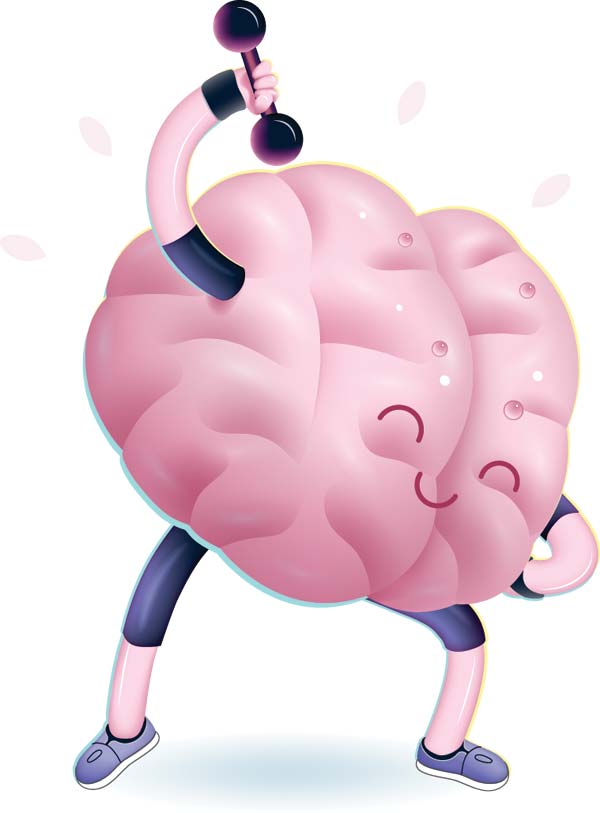Symptoms of multiple sclerosis
Multiple sclerosis (MS) can cause a wide range of symptoms and can affect any part of the body. Each person with the condition is affected differently.
The symptoms are unpredictable. Some people’s symptoms develop and worsen steadily over time, while for others they come and go.
Periods when symptoms get worse are known as “relapses”. Periods when symptoms improve or disappear are known as “remissions”.
Some of the most common symptoms include:
vision problems
numbness and tingling
muscle spasms, stiffness and weakness
mobility problems
problems with thinking, learning and planning
depression and anxiety
sexual problems
bowel problems
speech and swallowing difficulties
Most people with MS only have a few of these symptoms.
See your GP if you’re worried you might have early signs of MS. The symptoms can be similar to several other conditions, so they’re not necessarily caused by MS.
Read more about diagnosing MS.
Fatigue
Feeling fatigued is one of the most common and troublesome symptoms of MS.
It’s often described as an overwhelming sense of exhaustion that means it’s a struggle to carry out even the simplest activities.
Fatigue can significantly interfere with your daily activities and tends to get worse towards the end of each day, in hot weather, after exercising, or during illness.
Vision problems
In around one in four cases of MS, the first noticeable symptom is a problem with one of your eyes (optic neuritis). You may experience:
some temporary loss of vision in the affected eye, usually lasting for days to weeks
eye pain, which is usually worse when moving the eye
flashes of light when moving the eye
Other problems that can occur in the eyes include:
involuntary eye movements, which can make it seem as though stationary objects are jumping around
Occasionally, both of your eyes may be affected.
Abnormal sensations
Abnormal sensations can be a common initial symptom of MS.
This often takes the form of numbness or tingling in different parts of your body, such as the arms, legs or trunk, which typically spreads out over a few days.
Muscle spasms, stiffness and weakness
MS can cause your muscles to:
contract tightly and painfully (spasm)
become stiff and resistant to movement (spasticity)
feel weak
Mobility problems
MS can make walking and moving around difficult, particularly if you also have muscle weakness and spasticity (see above). You may experience:
clumsiness
difficulty with balance and co-ordination (ataxia)
shaking of the limbs (tremor)
dizziness and vertigo, which can make it feel as though everything around you is spinning
Pain
Some people with MS experience pain, which can take two forms:
Pain caused by MS itself (neuropathic pain) – this is pain caused by damage to the nervous system. This may include stabbing pains in the face and a variety of sensations in the trunk and limbs, including feelings of burning, pins and needles, hugging or squeezing. Muscle spasms can sometimes be painful.
Musculoskeletal pain – back, neck and joint pain can be indirectly caused by MS, particularly for people who have problems walking or moving around that puts pressure on their lower back or hips.
Problems with thinking, learning and planning
Some people with MS have problems with thinking, learning and planning – known as cognitive dysfunction. This can include:
problems learning and remembering new things – long-term memory is usually unaffected
slowness in processing lots of information or multi-tasking
a shortened attention span
getting stuck on words
problems with understanding and processing visual information, such as reading a map
difficulty with planning and problem solving – people often report that they know what they want to do, but can’t grasp how to do it
problems with reasoning, such as mathematical laws or solving puzzles
However, many of these problems aren’t specific to MS and can be caused by a wide range of other conditions, including depression and anxiety, or even some medications.
Mental health issues
Many people with MS experience periods of depression. It’s unclear whether this is directly caused by MS, or is due to the stress of having to live with a long-term condition, or both.
Anxiety can also be a problem for people with MS, possibly due to the unpredictable nature of the condition.
In rare cases, people with MS can experience rapid and severe mood swings, suddenly bursting into tears, laughing or shouting angrily for no apparent reason.
Sexual problems
MS can have an effect on sexual function.
Men with MS often find it hard to obtain or maintain an erection (erectile dysfunction). They may also find it takes a lot longer to ejaculate when having sex or masturbating, and may even lose the ability to ejaculate altogether.
For women, problems include difficulty reaching orgasm, as well as decreased vaginal lubrication and sensation.
Both men and women with MS may find they are less interested in sex than they were before. This could be directly related to MS, or it could be the result of living with the condition.
Bladder problems
Bladder problems are common in MS. They may include:
having to pee more frequently
having a sudden, urgent need to pee, which can lead to unintentionally passing urine (urge incontinence)
difficulty emptying the bladder completely
having to get up frequently during the night to pee
recurrent urinary tract infections
These problems can also have a range of causes other than MS.
Bowel problems
Many people with MS also have problems with their bowel function.
Constipation is the most common problem. You may find passing stools difficult and pass them much less frequently than normal.
Bowel incontinence is less common, but is often linked to constipation. If a stool becomes stuck, it can irritate the wall of the bowel, causing it to produce more fluid and mucus that can leak out of your bottom.
Again, some of these problems aren’t specific to MS and can even be the result of medications, such as medicines prescribed for pain.
Speech and swallowing difficulties
Some people with MS experience difficulty chewing or swallowing (dysphagia) at some point.
Speech may also become slurred, or difficult to understand (dysarthria).



